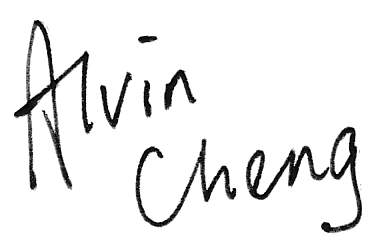Always Take Notes (book) - what writing means to us
Always Take Notes is a podcast interviewing a lot of writers. Now they have a book extracting and categorizing words from their interviewees into various topics like how they get ideas, how they research, how they can successfully get their works published, how they treat money, how their life is, how to stay motivated... It's not only for those who want to be writers, but for everyone too!
As a reader who is an amateur (although I wrote three travel guides for Japan in my home country before coming to the UK) and never think of pursuing the related career, I could understand more how the industry works especially in western countries, and most importantly, how I can deal with writing in my life.
Writing used to be exclusive for a professional well-known writer who was educated. Thanks to public education, social media, digital note taking apps, journaling apps and mobile devices..., we have much more chance to write if we want:
Write articles to publish on a blog website, even if we don't want to write seriously, we can end up sharing our thoughts on Facebook or Threads, ending up hundreds of words especially when we feel something unfair in our life.
Without professional writing apps, we can still put a lot of words on the apps preinstalled on our phones like Apple Notes.
When we need to plan something, we have to write.
Even though we can let AI write, we need to write our questions and even further explanations if necessary.
Writing is now everywhere for everyone. Maybe you don't feel you are writing, but indeed you are accumulating words from your everyday word and life. Try to put your words together from messaging apps, word documents and social media, and you will see. No one is inevitable I believe.
So what do we learn from these writers in the book?
Gather and research our pieces of writing
We don't need to improve our skills like professionals, but we can research — not the outside world but our inner self, through looking back our pieces of writing: organize them into, like folders or tags, with the help of apps say Apple Notes or Obsidian, to understand
what we (mainly) wrote before
what makes us write
how we felt when and after writing
if we have any questions related to it
what we want to write and do next, or if we just keep writing as usual
When professional writers write for the target audiences and even general public, we write for us. I write for me. To create a positive loop for my life like what I said in On the myths of writing.
Writing is not only the end, but also an important process for you to learn a language, record ideas that I thought suddenly, clarify what I am struggling at the moment, take note of my observations, learn from the lessons, and you name it.
Be an editor
After writing, we can become an editor. Making sure grammar is correct is not the main task but most importantly cutting words (to the minimum), in which our education system always fails to do (and do the opposite instead). The reality is we don't need to learn to writing a lot of words because of mobile devices with much convenient writing tools.
Rephrasing our sentences into shorter those is a very vital process involving revising, deep thinking and distinguishing what kinds of content is necessary, and most importantly, what is redundant.

